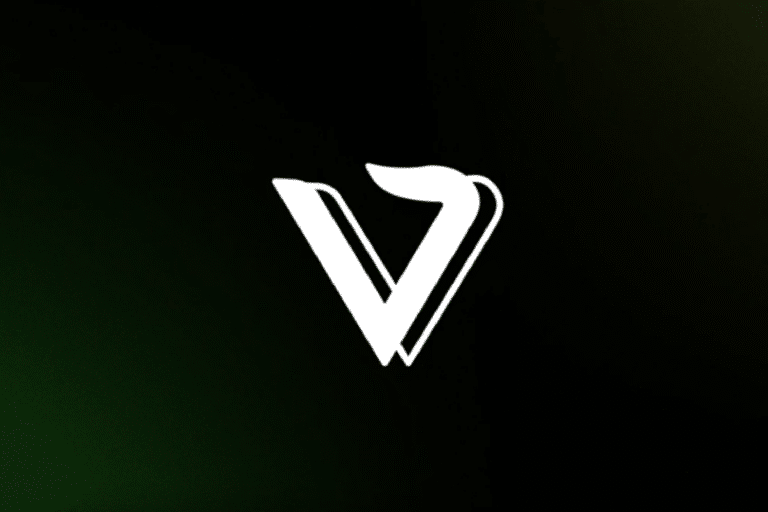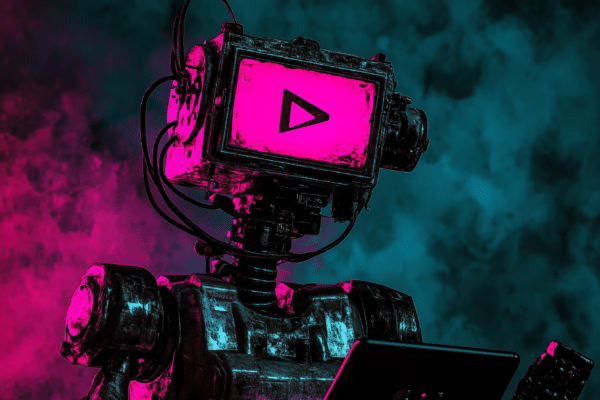The Canadian startup Viggle AI, though not widely known, has been responsible for several viral memes that you’ve likely seen. The company is behind videos circulating online, such as those showing rapper Lil Yachty at a summer festival, replaced in some instances by characters like Joaquin Phoenix’s Joker or even Jesus hyping up the crowd. While users have created multiple versions of this video, it is Viggle that has been fueling these viral memes, using AI models trained on YouTube videos.
Viggle has developed a 3D video model called JST-1, which, according to the company, has a "genuine understanding of physics." Hang Chu, CEO of Viggle, claims that the key difference between their technology and other AI video models is that Viggle allows users to specify the characters' movements realistically, avoiding the unnatural motions that other models often produce.
AI-Powered Content Creation
Viggle’s operation is simple yet powerful: to create a video, users can upload the original video (e.g., Lil Yachty dancing on stage) along with an image of the character they want to animate (like the Joker). Users can also upload character images and add text instructions for the AI to animate them. Additionally, Viggle allows users to create animated characters from scratch using only text commands.
Although memes represent just a small portion of Viggle's users, Chu notes that the tool has been widely adopted as a visualization tool for creatives. While the videos generated by Viggle still have some limitations, such as shaky movements and expressionless faces, the tool has proven useful for filmmakers, animators, and video game designers looking to bring their ideas to life visually. Currently, Viggle only generates characters, but Chu hopes it will be able to create more complex videos in the future.
Expansion and Legal Challenges
Viggle offers a free, limited version of its AI model through Discord and its web app. It also offers a $9.99 subscription to increase capacity and a special creator program. According to Chu, the company is in talks with film and video game studios to license its technology, although it has also found adoption among independent animators and content creators.
Recently, Viggle announced a $19 million Series A funding round led by Andreessen Horowitz, with participation from Two Small Fish. The startup plans to use these funds to scale, accelerate product development, and expand its team. Viggle collaborates with Google Cloud and other cloud service providers to train and run its AI models.
However, the company has sparked controversy due to statements by its CEO regarding the use of YouTube videos to train its models. According to YouTube's policies, using platform videos to train text-to-video generators violates its terms of service. Although Viggle later asserted that it complies with YouTube's terms of service, the question of whether videos were used without authorization remains a gray area in the tech industry.
Viggle thus joins other companies operating in this ambiguous space, using YouTube videos as training data—a common practice in Silicon Valley that is rarely publicly acknowledged.






